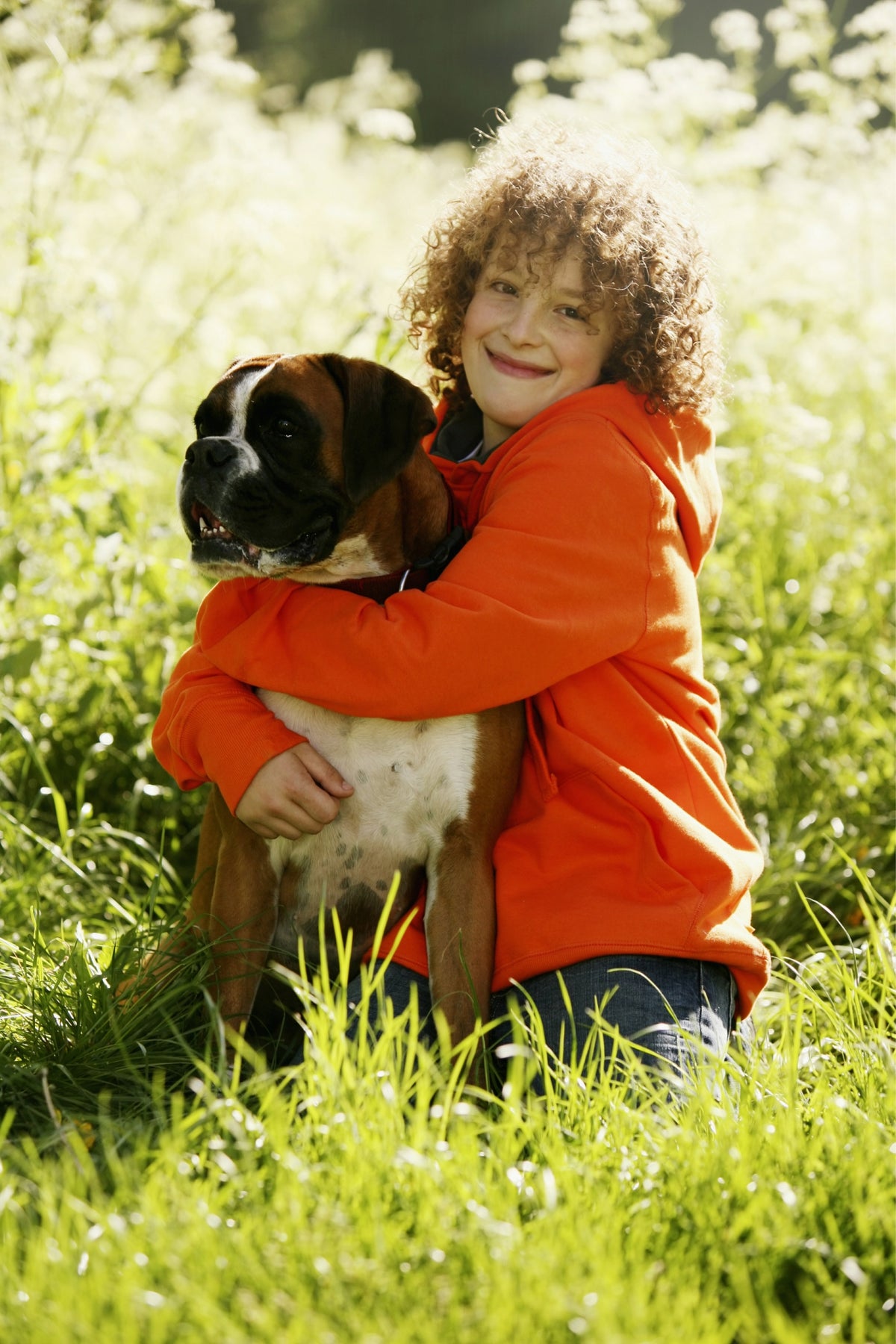
It's national allergy awareness month, and just as humans have allergies, so do our furry friends. Allergy in dogs are often not seen as threats because most dog owners feel they know what their dog likes and whatever they feed their dogs is what they are used to, however too often dog parents realize too late the symptoms of an allergic reaction before they can do anything. More often than not the following symptoms may present themselves as reaction to an allergy: Vomiting or nausea may happen as a reaction to an allergic ingredient in food or something your dog may have consumed. Most dogs with an allergy to a surfactants may either sneeze, cough or wheeze, or may even show signs of asthma. Hair /fur loss is another common allergic reaction in dogs, scarbs, crusting and lesions to the skin is also another type of allergic reaction that normally occur in dogs. Some dogs may experience severe itching, bloodshot eyes, or they may be constantly licking their skin as a result of irritation to the skin, other reactions include dogs chewing their paws or swollen paws. Last but not the least, snoring in your dog could be a sign of an inflamed or sore throat caused by an allergic ingredient your dog may have consumed, the more reason why we should never underestimate snoring in dogs and think it's as a result of aging.
Before your dog starts to experience any of these allergic reactions it's better to know some of the things your dog may be allergic to, Airborne pollens, the number one culprit in causing allergies in both humans and our furry friends alike are common, it could be from grass, tress, flowers, weeds, and can lead to inflamed skin, and or itchiness in such areas as the ears, skin and paws. Both animal and human dander, surprisingly have been known to bring out some allergic reactions in dogs, we shouldn't be surprised that our furry friends can also have allergic reactions to us and their other pet friends too, although this can be treated with either oral drops or allergy shots. Some prescription drugs like anesthetic drugs, antibiotics, some flea and tick vaccines can result in a swollen face and itchiness in a dog. Household cleaning products, perfumes that we often use, some fabrics commonly found in homes, even insecticidal shampoos we use on our pets could all cause allergic reaction in dogs, we should always make sure to read labels and listed ingredients on products we use around the homes before they come into contact with our dogs.
Second hand smoking, just as it's dangerous to humans is also dangerous to dogs too, dogs may experience severe respiratory or asthma symptoms when exposed to secondhand smoke. Included in these allergens are also certain foods that dogs eat, that we humans may not see as threats, like beef, corn, pork, chicken,and soy any of these foods when consumed by most dogs is likely to cause an allergic reaction in your dog which can lead to chronic ear infection.
Atopic dermatitis, an allergic reaction caused by dust mites, and skin irritations in a dog's skin caused by mold spores are quite common in dogs too, the best point of action is to regularly vacuum or clean your dog's bed, and don't forget to clean mold found in the home and your air conditioner filters. Feathers found in most beddings, as harmless as they may look can also cause allergies in in your pets, especially dogs, be mindful of these whenever your dog is playing on your bed with either your pillow or comforter.
Included in allergens your dog may smell, eat, or come into contact with are also things your dog play with, latex and plastic materials commonly used for food or water bowls for dogs, dog toys like balls and squeaky toys are also potential threat to dogs that are likely to cause allergic reactions in your dog.
Be on the lookout for allergens to your dogs, even ones that may initially pose as harmless, protect your pets this allergy awareness month of may, and keep yourself and your dog safe.
